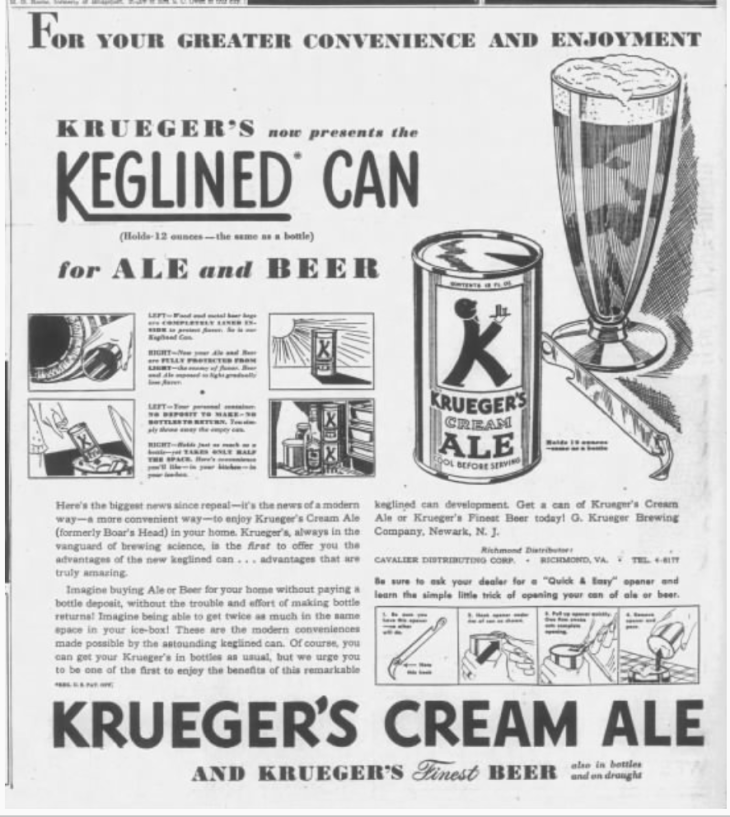
Word of the Day: Gumption
Today’s word of the day, thanks to the Merriam-Webster dictionary, is gumption. Dictionary.com says that gumption is an informal noun (that is like saying it is a slang word) that means 1) initiative; aggressiveness; resourcefulness; 2) courage; spunk; guts; and 3) Chiefly British Dialect: common sense; shrewdness. According to etymonline.com, the origin of the word is Scottish, with that third definition, and that it is “possibly connected with Middle English gome ‘attention, heed,’ from Old Norse gaumr ‘heed, attention.’” That speculation suggests that early modern English went 200 years with no extant record of the word, which is, I suppose, possible.
Merriam-Webster says that the “term’s exact origins aren’t known, but its earliest known uses are found in British and especially Scottish dialects (which also include the forms rumblegumption and rumgumption).” That assertion makes me wonder why we don’t hear rumblegumption on at least a daily basis. M-W says further, “By the 1860s, American English speakers were also using gumption to imply ambition or tenacity, but it wasn’t until the early 1900s that gumption began to appear in English texts as a direct synonym of courage or get-up-and-go.” It also includes a claim by P. T. Barnum that gumption was a type of hard cider, but that meaning is at most archaic, and perhaps something Barnum just made up.
On this day in 1935, the first beer in a can was sold in Richmond, VA.
The brewery that sold the first beer in a can was the Gottfried Krueger Brewing Company out of Neward, NJ. The company has a little bit of history. John Liable partnered with Louis Adam in the founding of a brewery, and Liable invited his nephew, Krueger, to come and help with it. Krueger was just 16 when the invitation came. In 1865, Krueger bought out the Adam Brewery, with the help of Gottlieb Hill, but when Hill died in 1875, Krueger became the sole owner.
Krueger did well in the brewing business and bought several other breweries over the next few decades. He also built a 40-room mansion in 1888 in Newark, on what is today Martin Luther King, Jr., Boulevard. The company survived Prohibition by making near beer and soda. Near beer, for those of you who have never heard of it, was a low-alcohol product encouraged by the anti-alcohol folks even before Prohibition, and it was legal to manufacture and sell during Prohibition. It had to contain less than .5% alcohol. Most beers today contain anywhere from 4% to 7%, with some exceptions, like Sierra Nevada Big Foot, which is 9.6% alcohol by volume. According to a webpage from American Heritage, “Mark Twain is said to have made the definitive remark on this beverage when he said, ‘The man who named it near beer was a poor judge of distance’” (https://www.americanheritage.com/near-beer).
Gottfried Krueger died in 1926, in the middle of the Prohibition era, but his company was well position when our nation’s stupidest Amendment was finally repealed.
The American Can Company, which incorporated in 1901, was actually looking for a brewer that would sell beer in cans, probably because its owners were looking to expand its market. It convinced Krueger to give the idea a try, in part by giving the brewery the necessary machinery to can the beer with the promise that Krueger would not have to pay unless the sale of beer in cans proved to be a success. The process started in 1934, with Krueger giving cans of beer to employees and friends, just to try it out.
Then Krueger shipped 2,000 cans of beer from Newark to Richmond, VA, for sales that began on this date in 1935. Why Richmond, VA, you ask. Richmond was the furthest point of Krueger’s distribution market, and the brewery was worried about blowback if the beer did not prove to be popular. Krueger had nothing to worry about. The sale of beer in cans was very popular, especially among bar owners. One of the selling points was that the cans were not breakable.
The success of beer in cans is obvious. Perhaps on this Beer Can Appreciation Day (yes, January 24 is just that), you might appreciate the gumption of The American Can Company and Krueger Brewing for taking a chance on new technology.
The image today is of an early advertisement for Krueger in a can (https://seletyn.com/2021/01/27/jan-24-1935-gottfried-krueger-brewing-company-and-the-first-canned-beer/).